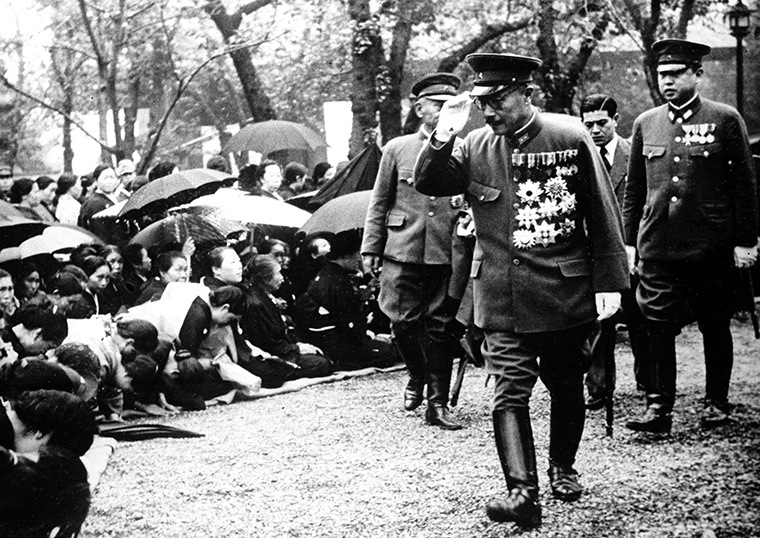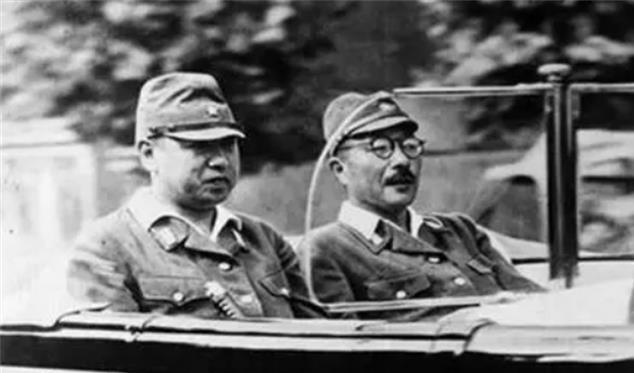He Had A Strong Dislike For Western Culture
He was the Japanese Army's bureau chief by 1928, and he soon received a promotion to colonel. During his tenure as commander of the 8th Infantry Regiment, he developed an interest in militarist politics. Tojo instructed his officers to act as both a “father” and a “mother” to the troops they were in charge of, using language typical of Japan to characterize those in positions of authority. Tojo frequently paid visits to the personnel under his command's residences, helped them with personal issues, and provided loans to officers who needed them.
Hideki Tojo, like many other Japanese officers, despised any Western cultural impact on Japan, particularly more liberal views like engaging in public displays of affection. He perceived this as “Western decadence” causing the ero-guro-nansensu movement (which stands for “eroticism, grotesquerie, and nonsense”). He believed that Western influence eroded the traditional principles needed to uphold order and Japan's sense of national identity.









